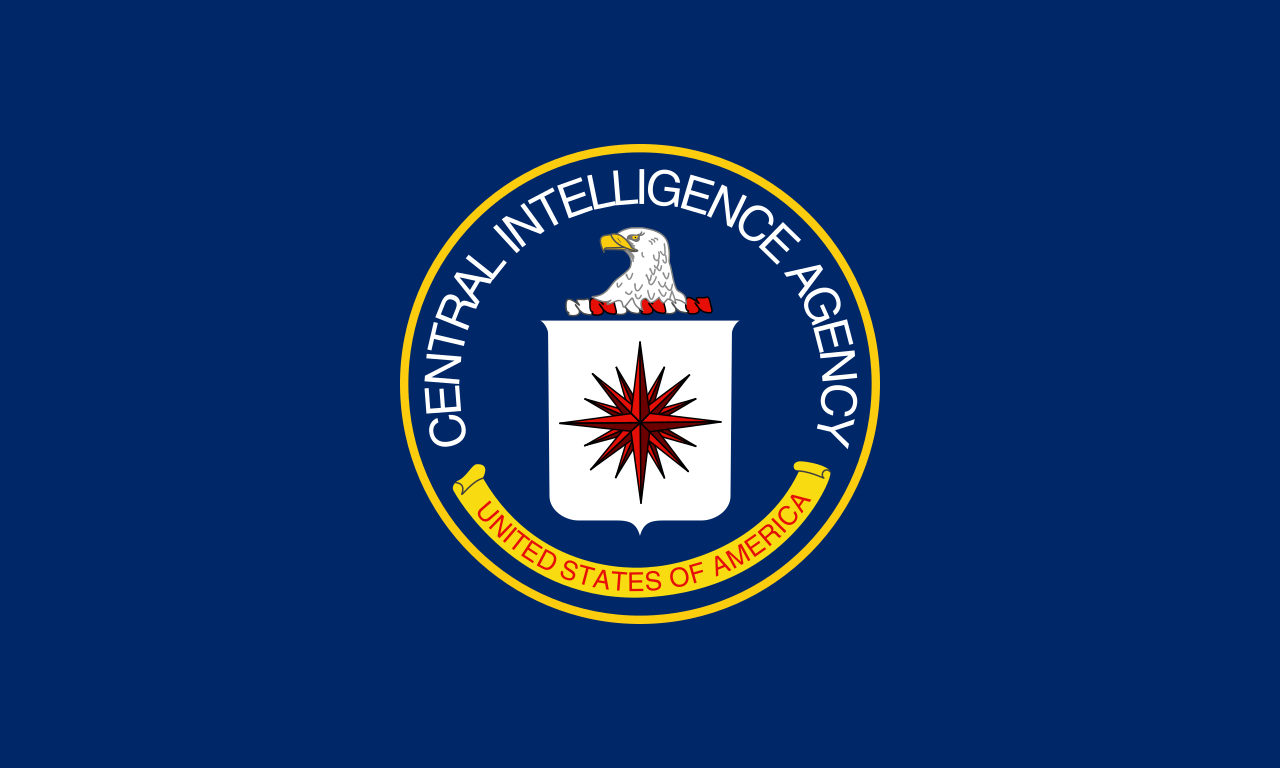Seriously I’ve seen a guy see a bunch of pixels and go “Idk but that reminds me of Mexico” and he was right. There’s no way the three letter companies wouldn’t want that kind of skillset, right?
Who says they don’t already? I knew a guy who worked for a major government agency who’s job was to look over horrible pictures to try to figure out where they were taken.
I bet the most skilled people do work for them, not just youtube. But talking to that guy, it’s a tough job, not for everyone. Instead of a random streetview image it’s a scene of abuse, so…
You can get jobs like that, sure. Normally called GIS analyst (geospatial informations systems)
For a while, the Australian Secret Intelligence Service GIS job applications were less about ticking boxes and more looking at a satellite image of a structure and being asked, “what is this, where is it, and why is it interesting”
And the answer might be "Its ostensibly a wastewater treatment plant, its in southern Iran, and its interesting because the truck parked next to the liquid chemical tank farm has an ISO gas storage trailer, not an ISO liquid storage container as might be expected.
I’m sure that those agencies have been contacting top players for that game over the last few years. But if those simply dont want to work for them, thats moot.
I wouldn’t be surprised to find they created the game. And if not, sponsored the competitions.
Great way to scout that kind of talent.
Israel intelligence has a division dedicated to neurodivergent people who scour satellite photos. So wouldn’t be surprised if they have people like this on payroll. A lot of ONSIT already have people like this participating doing geolocation on war footage.
I could monetize my favourite hobby?
(Assuming someone NON-genocidal valued it)
You can’t assume it won’t be weaponized, in fact you should expect it.
The problem is getting the pictures to work from. People who don’t want to be found aren’t giving the CIA pictures of their locations, and I’d imagine the CIA already knows what road signs look like in different countries, or where certain mountains and other features are.
The problem is getting the pictures. It’s intel collection, not processing.
the CIA already knows what road signs look like in different countries, or where certain mountains and other features are.
I mean “the CIA” isn’t a person. Someone there does this work. Which is what we’re talking about.
If you read about what they did and how incompetent they are, i wouldn’t be surprised if they employ some nepotism guy who looks looks at pictures and goes: uuuh, not alabama.
Wait till you find out how good ai is at pinpointing a picture.
I never received any offers.
Really it’s crowdsourcing and statistics. Show an image to a big enough crowd and someone will pick something up. It’s like the birthday problem but with geography.
There really are some good geoguessers. It’s not a crowd source game.
There are but they’re part of the crowd: They’ve just been doing it so long they’re great at it.
That’s not what crowd sourcing is.
Maybe I am misunderstanding you, but skill level does not really factor in as to whether something is crowdsourced. Are you just referring to the geoguessr website/game?
It’s 100% not about crowdsourcing. Idk how that even makes sense- do you know what Geoguessr is?
There’s some people that are absolutely cracked at geoguessr. Rainbolt, for example.
A thousand people can take guesses, but only a skilled player can say “Oh yeah, that foliage looks like San Juan or some other mountainous region of Argentina”, or “That black electrical tape is a Nigeria thing”
People who live in those places aren’t likely to notice how their electrical poles are different.
Not to pile on here, but this is not an instance of the birthday problem.
The birthday problem would kick in if we asked “what are the chances that any two of these N people know the same place, whatever it may be.”
But instead we’re discussing “what are the chances that one of these N people recognizes a specific place P.”
Edit: maybe I’ve missed your point actually — were you saying that there are many details in one image, and the chances of some player recognizing one of those details is an instance of the birthday problem?
there are many details in one image, and the chances of some player recognizing one of those details is an instance of the birthday problem?
That would be a valid model. But you are still right that it doesn’t apply: It would give the effect that a different geoguesser would get the picture right every test, while we are seeing consistent results from the top geoguessers.
I see your point, but the Birthday Problem would apply differently.
It is the chance of “collision” between randomly picked elements from two large enough sets of comparable random data. If I understand correctly, the random data here would be “geographical fact” like bush density and road width. Set A is geoguessers’ geographical knowledge, and set B is pictures’ geographical features.
So if we picked hundreds of random picture and hundreds of geoguessers and asked them, the chance of one guessing one image is high. And the person would be largely dfferent every time.
In this case, we can give one specific geoguesser a large amount of pictures and that same geoguesser would get most of them right.







